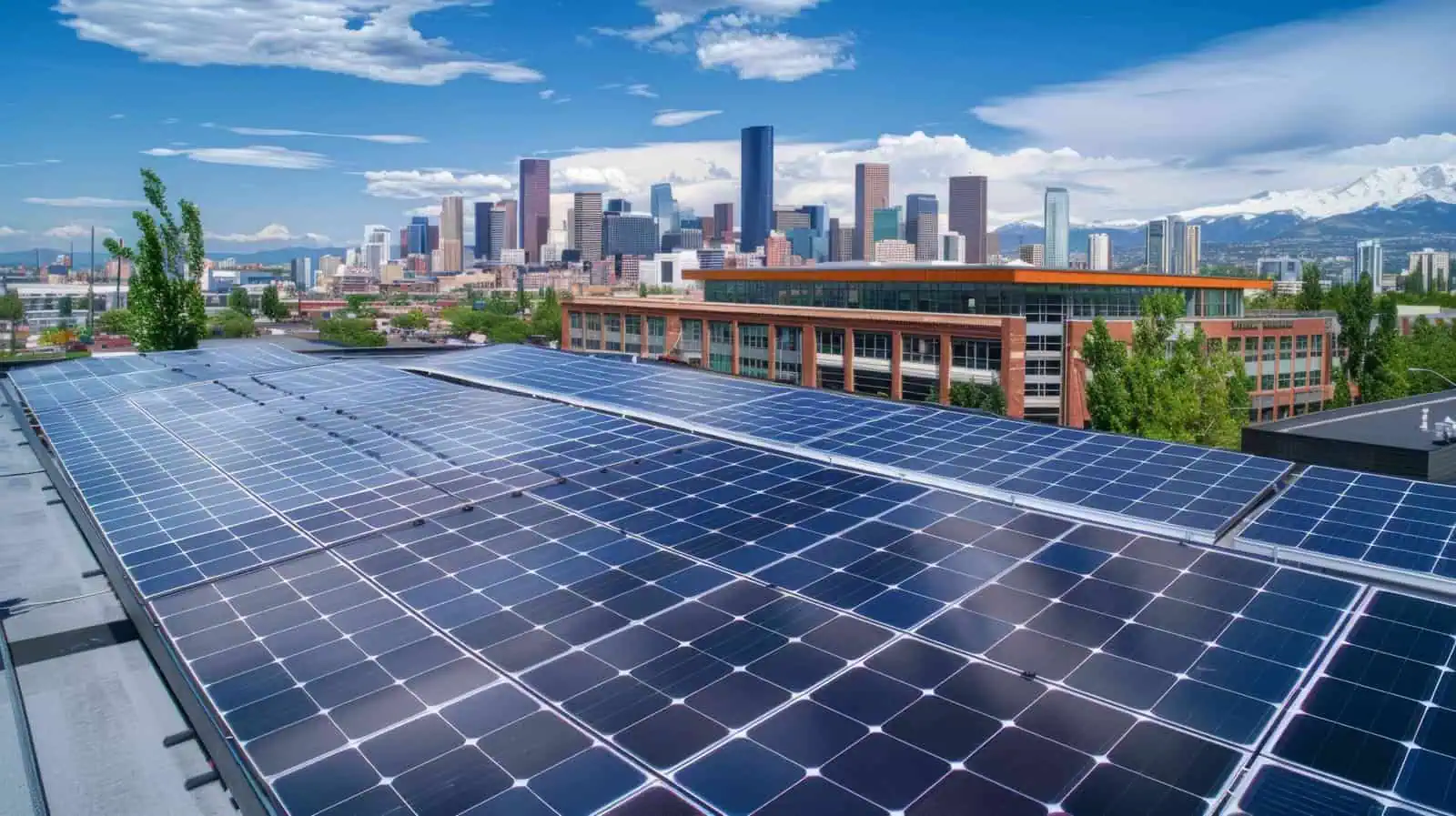Many businesses in the UK are turning to solar energy to cut costs and operate more sustainably. However, the cost of installing solar panels can seem overwhelming at first. Fortunately, there are financing options available that make this transition easier and more affordable.
In this article, you’ll explore these options and show how switching to solar power can benefit your business in the long run.
Why Choose Solar Energy?
Switching to solar energy isn’t just about going green; it’s also about gaining control over your energy costs. Solar panels allow your business to generate its own electricity, reducing reliance on traditional energy suppliers. This is especially helpful as energy prices in the UK continue to rise. With solar power, your business can avoid those unpredictable price hikes.
Additionally, switching to a commercial solar panel system is a long-term investment. Once your system is up and running, you’ll start seeing savings on your energy bills. Over time, these savings can offset the initial cost of commercial solar panel installation. Plus, with the UK government pushing for more renewable energy use, now is a great time to make the switch. So, how can businesses afford solar panels without breaking the bank? Let’s look at the financing options available.
Financing Options for Solar Panels in the UK
There are several ways to finance commercial solar panel installations, each designed to help businesses spread the cost over time. Here’s a breakdown of the most common options.
1. Solar Loans
One of the most straightforward ways to finance solar panels is through a solar loan. Instead of paying the full amount upfront, you borrow the money and repay it in monthly instalments over several years, usually between 5 and 20 years.
The major benefit of a solar loan is that, once the loan is paid off, the panels are yours. You’ll continue to save on energy bills, and all the electricity generated will be free for the remainder of the solar panel’s lifespan, which is usually 25-30 years. This option makes solar loans a great choice for businesses looking for long-term savings while avoiding large upfront costs.
2. Power Purchase Agreements (PPA)
If you prefer not to own the solar panels outright, a Power Purchase Agreement (PPA) could be a good option. Under a PPA, a third-party company installs and maintains the solar panels on your property. In return, your business agrees to buy the electricity generated at a rate lower than what you would pay your usual energy supplier.
The main advantage here is that there’s no upfront cost for installation. You only pay for the energy you use, which means immediate savings. However, since you don’t own the commercial solar power system, you won’t benefit from incentives like tax breaks. Even so, this is an excellent option if you want to start saving right away without any initial financial burden.
3. Solar Leases
Another financing option is a solar lease. In this arrangement, a third-party provider owns the solar panels, and your business pays a set monthly fee to lease them. You still benefit from the electricity the panels produce, which reduces your energy costs.
Unlike a PPA, where the cost varies depending on how much electricity you use, a solar lease offers predictable monthly payments. This is ideal for businesses that prefer consistent energy costs. Like the PPA, you won’t own the panels, but you’ll still enjoy lower energy bills and the simplicity of a fixed payment.
4. Government Incentives and Grants in the UK
The UK government offers several incentives to make solar energy more accessible for businesses. One of the most well-known programs is the Smart Export Guarantee (SEG). Under this scheme, businesses with solar panels can sell excess electricity back to the grid, providing an additional revenue stream.
In addition, local councils and energy companies often provide grants or low-interest loans to help businesses cover the cost of installing commercial solar panel systems. These financial supports, when combined with the financing options mentioned earlier, make solar power an affordable choice for companies of all sizes.
These financing options make solar energy much more attainable for businesses in the UK. Whether you choose a solar loan, a PPA, or a lease, each option provides a pathway to savings without the heavy upfront costs. Coupled with government incentives, businesses can adopt solar power while keeping their finances in check.
The Importance of Sustainability for Businesses
In today’s world, sustainability is becoming increasingly important for UK businesses. Customers and clients are more likely to support companies that actively reduce their environmental impact. By switching to commercial solar energy, your business can show its commitment to sustainability, which can boost your reputation and attract eco-conscious clients.
Moreover, adopting solar energy is a practical way to reduce operating costs. Renewable energy not only helps the environment but also leads to long-term financial benefits. This makes it a smart decision both from a branding and a business perspective.
Achieving Energy Independence with Solar Power
One of the biggest advantages of solar panels is energy independence. Instead of relying on fluctuating energy prices from the grid, your business can generate its own power. This independence means you’re protected from future price increases, giving you more control over your expenses.
Additionally, the UK’s Smart Export Guarantee allows you to sell any excess electricity your system generates back to the grid. This not only saves you money but can also generate extra income. The ability to produce your own power gives your business the flexibility and security needed to navigate an uncertain energy market.
Conclusion
Switching to solar energy offers UK businesses significant benefits, including reduced electricity bills, greater energy independence, and a stronger commitment to sustainability. With financing options such as solar loans, PPAs, leases, and government incentives, businesses can make the transition without the burden of high upfront costs. By exploring these opportunities, your company can secure long-term savings while contributing to a cleaner and more sustainable future.


